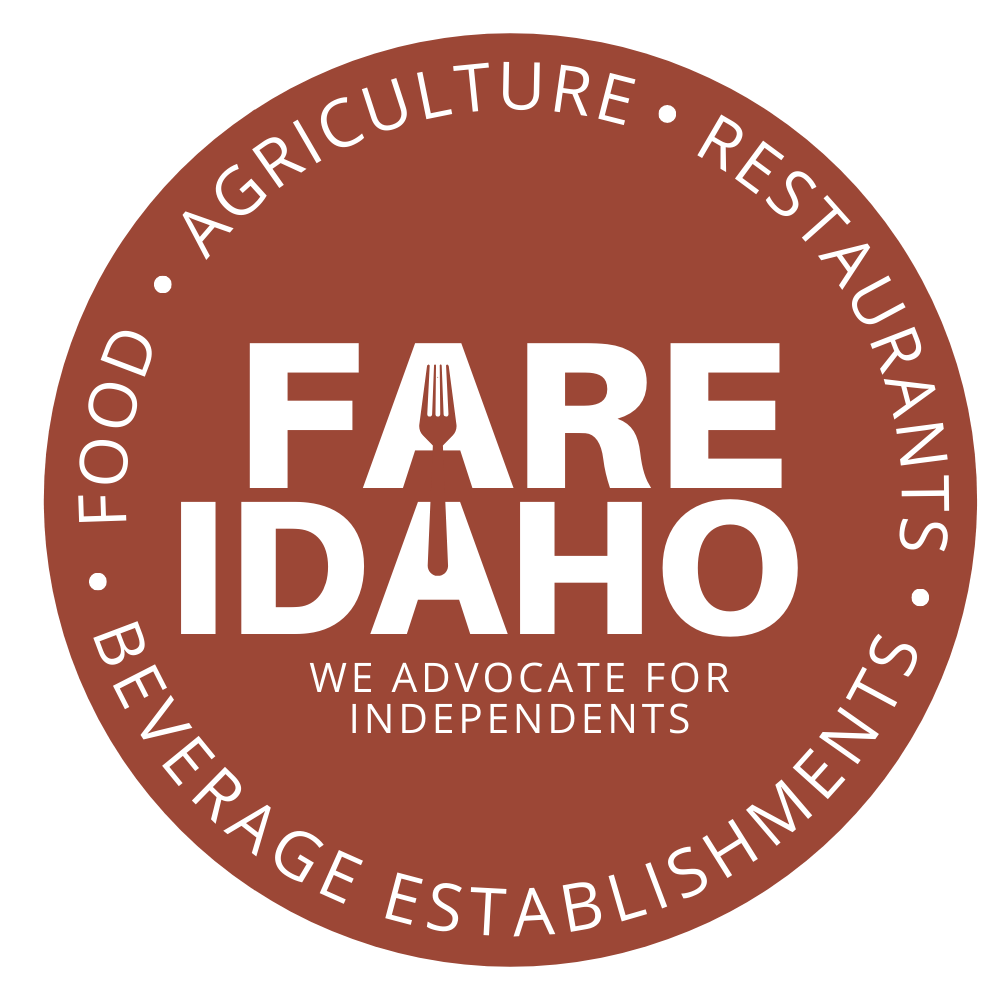Will You Gobble Up a Local Gobbler?
Meet three Idaho farmers raising turkeys for your Thanksgiving table
Story by Lex Nelson
The giant turkey companies Butterball and Hormel Foods sell over 40 million Thanksgiving turkeys each year according to the New York Times, but they aren’t your only options for Thanksgiving. As conglomerates wrestle with COVID-19 supply chain challenges and projected demand for smaller birds, local producers have stepped in to bridge the gap.
Maria McIntyre, co-owner of McIntyre Pastures in Caldwell, is an experienced turkey wrangler.
“I personally have been raising turkeys for 10 to 15 years but only in small batches, and then in the last three or four years we’ve done larger groups of them,” she said.
This year, the family farm raised 200 birds, which McIntyre said make the perfect farm hands (or should we say farm beaks?) to help tend its acreage.
McIntyre Farms - photo by Gustavo Sagrero
“We embraced no-till farming about 10-12 years ago, and that’s what made the animal side of our operation really grow,” McIntyre explained. “Because we’re very into soil health and we don’t use a plow or a disc or anything, we have a lot of refuse and we use animals to clean that all up. As we’ve gotten more into that, we’ve needed more animals.”
The birds are grazed rotationally using a mobile turkey house, which drops them in a new pasture every day. In the past, McIntyre has raised bronze-breasted and heritage breeds, but this year’s poults were exclusively broad-breasted whites because of COVID-19 breed shortages. Still, she’s happy to have them.
“Turkeys are a lot of fun. They’re a very social bird … a meat chicken is just kind of there. It just eats and goes to sleep, but a turkey wants to be out playing and wants to come up and see what you’re doing. They’re all over the place!” she said.
Jessica Harrold, co-owner of Hen & Hare Microfarm in Boise, also loves her turkeys for their personalities.
“’Turkey dates’ are something that [my husband] Ammon and I started to make chores fun. We’ll grab a beer or a glass of wine and just go out and check on how everything in the field is doing, all the trees that we’ve started out there, and just spend time with some turkeys,” she said. “Ammon usually always catches at least one to hold him.”
Hen and Hare Microfarm - Photography by Jessica Harrold
This is Harrold’s third year raising turkeys to sell, and her 2020 flock included 120 Spanish blacks.
“We like the heritage breed just because they can be hardier. They can withstand the cold in the Spring better and in the Fall since we extend our season with them. They are more slow to mature, but that’s fine with us,” she said.
Harrold said her turkeys make great “chicken babysitters,” but occasionally feathers go flying and she has to break up a bird-on-bird brawl.
Ron Kern with Back Forty Farms in Nampa would likely sympathize. He didn’t speak to any pecking matches, but his description of his 13 broad-breasted white and bronze turkeys sounds like it could have come straight from “Jurassic Park.”
Back Forty Farms - Photography by Gustavo Sagrero
“When they’re babies they look like cute little chickens, and then they grow into this velociraptor/pterodactyl/dinosaur-looking thing, and fast! It’s so fast,” he said.
Still, despite their quirks and the occasional trouble with flies, Kern likes pasture-raising turkeys for their flavorful, fast-cooking meat which he said simply can’t be compared with the conventional variety. Next year, his third in the turkey business, he hopes to raise 40-50 birds.
“Once people taste it, it’s kind of like our chickens – there’s no substitute,” he said.
Kern’s birds are already sold out, but folks looking to try Harrold’s 9- to 15-pound Spanish blacks can buy them through the Boise Co-op. McIntyre Pastures’ 13- to 20-pound broad-breasted whites will be available through the Boise Farmers Market, and on the farm’s website, McIntyreFamilyFarms.com.




